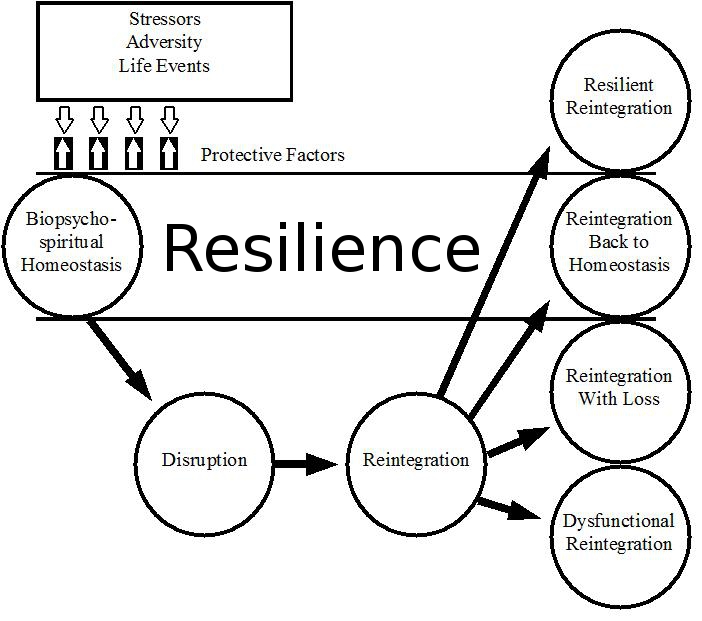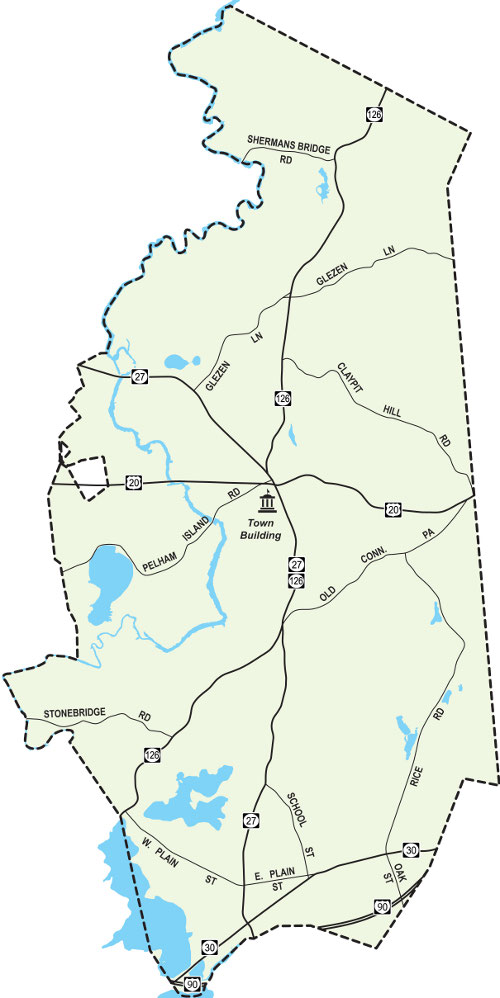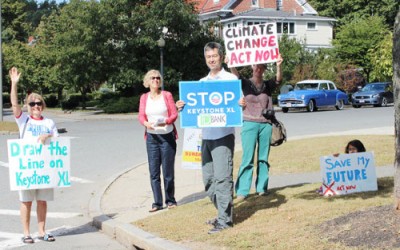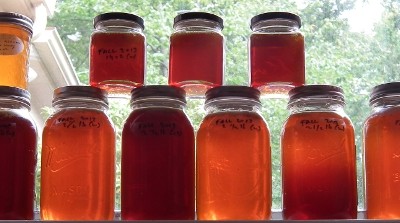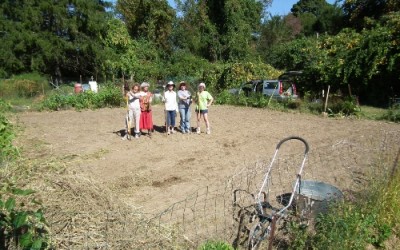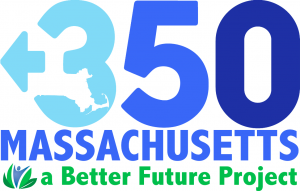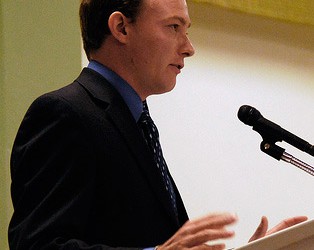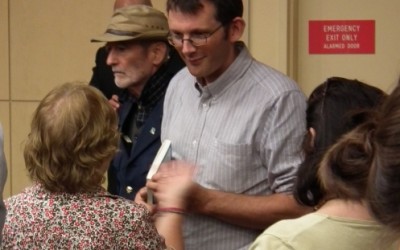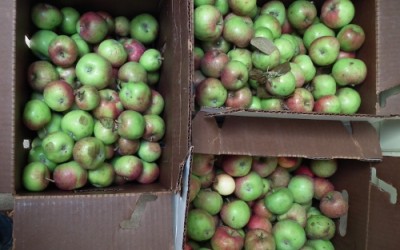The primary mission of Transition Wayland is to increase our community’s resilience. The Resilience Map (RM) will contribute to this goal in three ways:
- We will be more effective if we first map our base resilience and then continue mapping our progress as we build more of it.
- We will invite more and deeper community involvement by making the map interactive and by crowd-sourcing it,
- which will also allow us to cover more ground much faster.
The RM will allow us to
- establish a baseline (what do we already have),
- identify our needs (what is lacking)
- plan out ways to meet our needs, and
- measure and report on our progress so that
- there is accountability,
- we create enthusiasm and motivation for innovation and participation, and
- other communities can learn from our experiments.
To make the RM vibrant, useful, transparent, open and collaborative, we propose to develop it online, using interactive wiki software, and making it visually attractive.
Other communities are already mapping their resilience. Jamaica Plain, for instance, did so in 2011 (cf. this pdf).
We are starting small, with just a few elements and a few people. At this point, some of us are sharing information about our energy consumption and production.
If you are interested in this project – either to learn, to input your data, to help with the wiki – let us know by emailing us at info@transitionwayland.org
